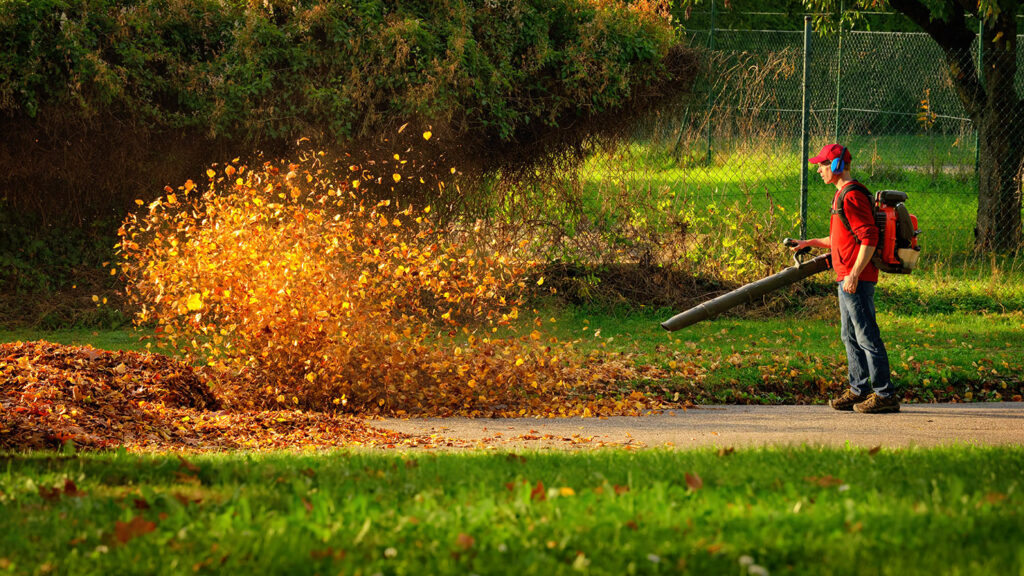Exposure to loud environmental noise can cause permanent damage to the tiny hairs located inside of the cochlea. Your cochlea is an organ used for hearing inside of the inner ear. When these small hairs are damaged or destroyed, it can reduce your ability to hear sounds in a certain range. The damage is called noise-induced hearing loss, and it can either be immediate or gradual. immediate noise-induced hearing loss can occur when you are exposed to a sudden, loud burst of sound. Exposure to loud noises over time can also induce gradual hearing loss and cause difficulty with the ability to understand conversations. Exposure to loud noise can also cause tinnitus, which can occur constantly or occasionally or eventually subside following exposure to loud noise.
Noise-induced hearing loss can affect people at any age, including young adults and children. Fortunately, however, it is possible to protect your hearing and prevent this type of hearing loss.
Factors Affecting Noise-Induced Hearing Loss
Three main factors can affect your hearing, including the decibel level of the noise, your distance from the source of the noise, and the length of time that you are exposed to it.
Decibel Level of the Noise
Hearing damage is directly related to the decibel level of the noise that you are exposed to. More damage occurs when noise is louder, and extremely loud noise can quickly damage your hearing. Sounds are measured in decibels (dB). Sounds with decibels of lower than 70 are generally safe. Sounds at 85 dB or higher are likelier to cause damage to your hearing over time. Many children use electronic devices that have noises measuring at more than 85 dB. For instance, if your child listens to music at the highest volume through a set of headphones, the decibel level might measure between 94 and 110 dB.
Despite this fact, manufacturers do not have to limit the maximum noise output of their devices. However, most devices have volume controls, allowing you to set the volume to a safer level.
Distance From the Source
Sounds grow louder when you move closer to their source. If you are standing far away from the source of the sound, your risk of noise-induced hearing loss will be lower. For example, choosing seats at a rock concert well away from the speakers can lower your risk.
Duration of the Exposure
Impacts from noise exposure accumulate throughout your life. If you are regularly exposed to loud noises, your risk of suffering from noise-induced hearing loss and permanent damage will increase over time. Single, long-lasting noises can cause damage. Noises at the following decibels and time intervals are likelier to cause damage to your hearing:
- Exposure to 85 dB for several hours
- Exposure to 100 dB for 14 or more minutes
- Exposure to 110 dB for two or more minutes
How to Protect Your Hearing
When you will be exposed to noise or sound, follow this tips to prevent noise-induced hearing loss:
- Turn down the volume on music devices/headphones.
- Move away from the source of the noise.
- Avoid sitting or standing in front of speakers at concerts.
- Wear hearing protection, including earmuffs or earplugs.
- Cover your ears with your hands if you do not have hearing protection available.
Anytime you are in an environment in which you are forced to shout to be heard, your hearing could be damaged. Take steps to protect your hearing, and carry hearing protectors with you in case you are exposed to loud noises.
Talk to Audiology by Accent
If you believe that you might have noise-induced hearing loss, you should talk to an experienced audiologist at Audiology by Accent in Gainesville, Florida. Call us today to schedule a consultation at 352-271-5373.
